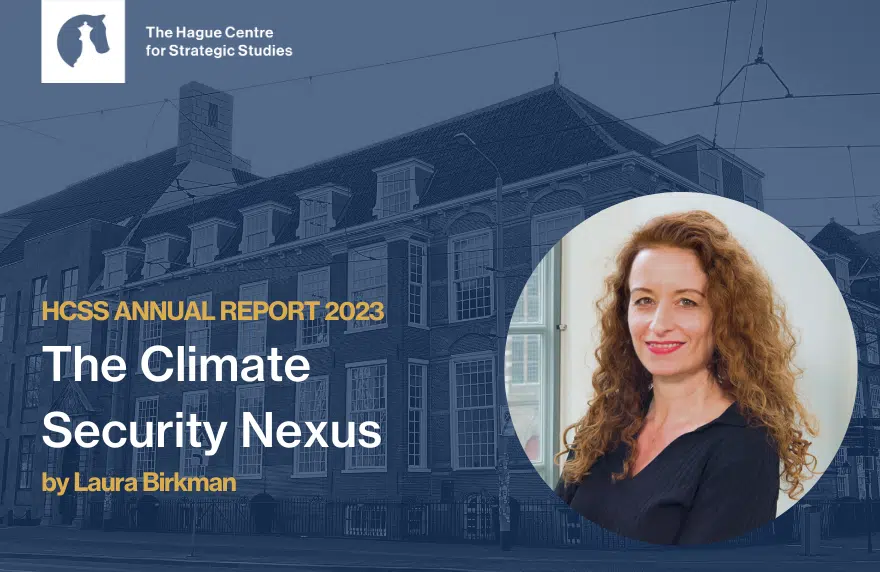The intensification of great power rivalry drove geopolitical and geo-economic developments in 2023, and its impacts on energy markets have been greater than ever before. Energy security and affordability are key avenues of strategic competition. Governments experienced firsthand the extent of societal and economic disruption brought by weaponised import dependencies.
First Europe went through the costly process of decoupling from Russian oil and gas. Then the US and some of its allies, including the Netherlands and Japan, experienced in a series of tit-for-tat measures of barriers in the trade of critical minerals and technology with China. Supply chain security concerns intensified on a global scale. Western and European governments have been trying to stabilize current energy markets while taking control over capabilities needed for the new energy system, like extracting and processing critical minerals.
The HCSS Energy and Raw Materials Initiative addresses the ways in which the changing geopolitical landscape affects global energy markets by offering targeted strategic analyses to public and private stakeholders. Our work is continuously expanding as the energy transition is an increasingly pressing issue for public and private actors alike. In 2023, we focused on oil and gas markets on the one hand, and critical raw materials supply chains on the other hand.
Oil and gas markets reached a point of relative stability compared to previous years but they remain vulnerable to geopolitical disruptions and market volatility. To a large extent, decoupling from Russia marked a shift for European energy markets from the stability of long-term contracts to the unpredictability of spot markets, bringing new supply security risks. While the energy transition is a given, European actors are facing key dilemmas around the timing of the transition in relation to supply security, affordability and sustainability. These topics have been addressed throughout this year’s publications.
At the same time, the European Critical Raw Materials Act and the subsequent national initiatives of European states brought urgency to invest in mineral supply chains. This is meant to ensure that vital sectors like healthcare, transport and defence are maintained while the energy transition is accelerated. The focus of our work at HCSS has been to identify challenges and opportunities to strengthen European mineral security, both in terms of domestic industrial capabilities and international partnerships with trustworthy suppliers.
Irina Patrahau, Strategic Analyst







